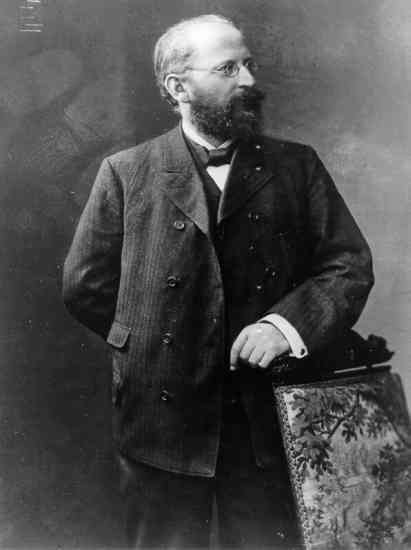Fonte: "Evolutionary Socialism" (1899) https://www.marxists.org/reference/archive/bernstein/works/1899/evsoc/index.htm, Chapter III, The Tasks and Possibilities of Social Democracy
Eduard Bernstein: Frases em inglês
Bernstein, Eduard. "Patriotism, Militarism and Social-Democracy." (Originally published as: "Militarism." Social Democrat. Vol.11 no.7, 15 July 1907, pp.413-419.) http://www.marxists.org/reference/archive/bernstein/works/1907/07/patriotism.htm
Fonte: "Evolutionary Socialism" (1899) https://www.marxists.org/reference/archive/bernstein/works/1899/evsoc/index.htm, Chapter III, The Tasks and Possibilities of Social Democracy
“Democracy is the high school of compromise.”
Fonte: "Evolutionary Socialism" (1899) https://www.marxists.org/reference/archive/bernstein/works/1899/evsoc/index.htm, Chapter III, The Tasks and Possibilities of Social Democracy
Fonte: "Evolutionary Socialism" (1899) https://www.marxists.org/reference/archive/bernstein/works/1899/evsoc/index.htm, Chapter III, The Tasks and Possibilities of Social Democracy
Fonte: "Evolutionary Socialism" (1899) https://www.marxists.org/reference/archive/bernstein/works/1899/evsoc/index.htm, Chapter III, The Tasks and Possibilities of Social Democracy
Fonte: "Evolutionary Socialism" (1899) https://www.marxists.org/reference/archive/bernstein/works/1899/evsoc/index.htm, Chapter III, The Tasks and Possibilities of Social Democracy
Fonte: "Evolutionary Socialism" (1899) https://www.marxists.org/reference/archive/bernstein/works/1899/evsoc/index.htm, Chapter II, The Economic Development of Modern Society
